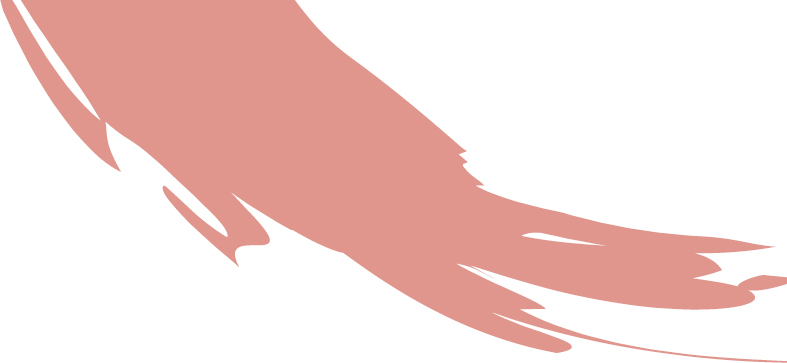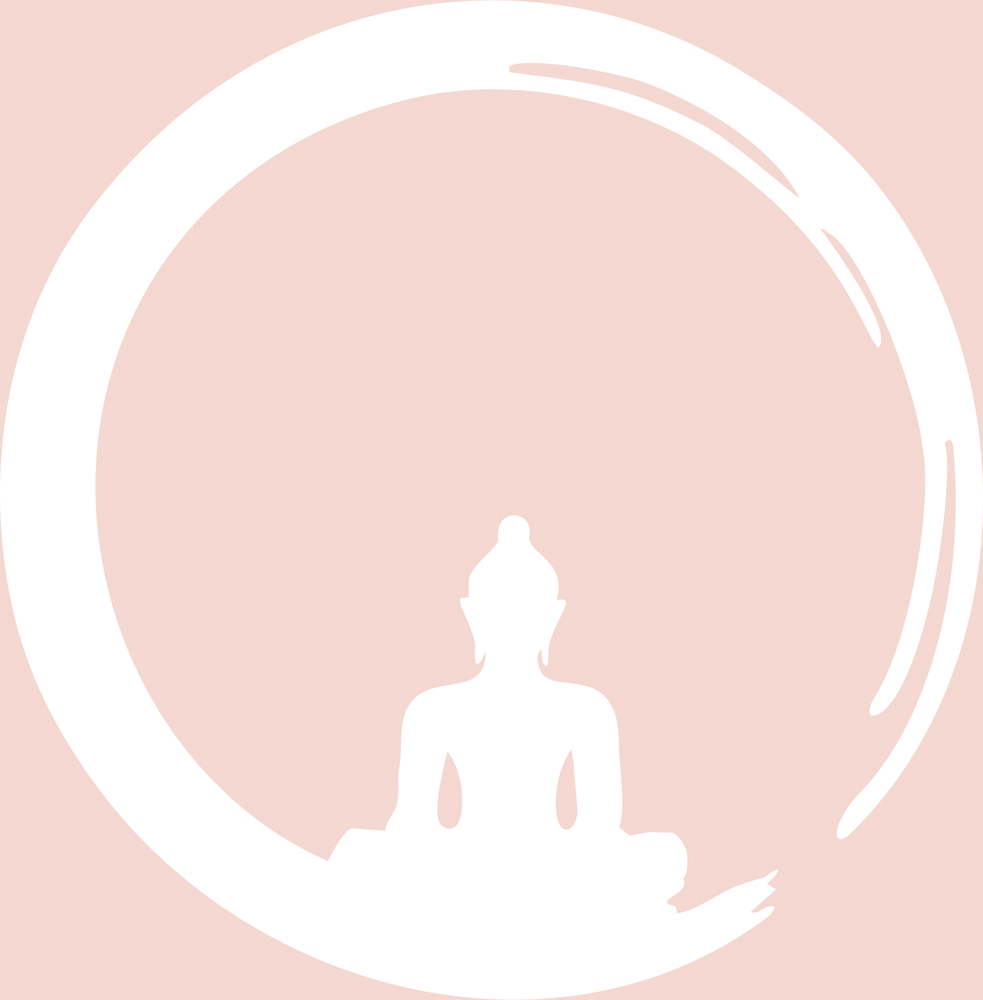
Non-Attachment
214. ESSENTIAL
“He who would be serene and pure needs but one thing, detachment.“
MEISTER ECKHART (1260–1328), GERMANY
215. A BEGINNING
“Stop attachments, coveting, desires, and let go of embarrassment and timidity in doing deeds that increase merit and engage your talent.”
SANTIDEVA (8TH CENTURY), INDIA


216. CLINGING TO SELF
“I gave up sewn clothes and wore a robe, but I noticed one day the cloth was well-woven. So I bought some burlap, but I still throw it elegantly over my shoulder. I pulled back my sensual longings, and now I discover I’m angry a lot. I gave up rage, and now I notice that I’m greedy all day. I worked hard at dissolving the greed, and now I’m proud of myself. When the mind wants to break its link with the world, it still holds on to one thing.”
KABIR (1440 – 1518), INDIA
217. REDUCE YOUR CLAIM
“It is advisable to reduce our claim to enjoyment, possession and recognition to a very modest size, because it is striving and struggling for happiness, glory and enjoyment that brings about the great catastrophe.”
ARTHUR SCHOPENHAUER (1788–1860), GERMANY
218. ENDURING PAIN
“There is no detachment where there is no pain. And there is no pain endured without hatred or lying unless detachment is present too.”
SIMONE WEIL (1909–1943), FRANCE
219. CYCLE OF DOORS
“When one door of happiness closes, another opens; but often we look so long at the closed door that we do not see the one which has been opened for us.”
HELEN KELLER (1880–1968), USA

220. CHANGE OF HEART
After a long inner struggle, a samurai in medieval Japan deserted his master. According to the warrior code, such an action was deeply dishonourable, but he felt an overwhelming vocation for the Zen life. He spent years in a mountain monastery, and then he set out on a pilgrimage. Before long he encountered a samurai on horseback, who recognized him. The warrior made to strike the monk down, but decided that he was unwilling to sully his sword. Instead he spat in the monk’s face. In the simple act of wiping away the spit, the monk realized what his reaction would have been to such an insult in former days. Deeply moved, he turned toward the mountain where he had trained, bowed and said: “The mountain is the mountain, and the Way is the same as of old. Verily what has changed is my own heart.”
TRADITIONAL ZEN STORY